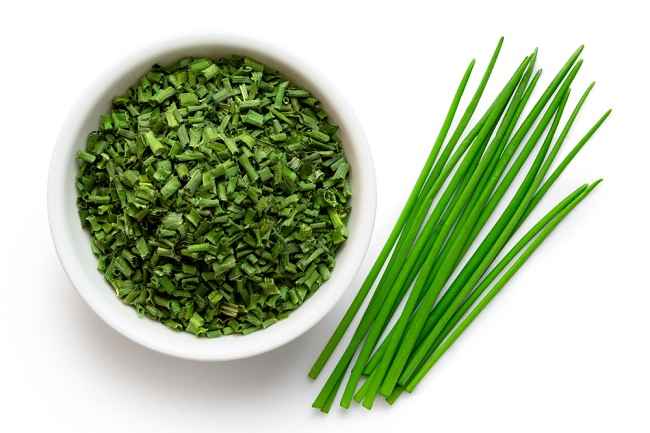The main principle of the diet of pregnant women (pregnant women) is actually not just losing weight or limiting calories, but refers to improving diet to meet the nutrients needed. Therefore, let's identify the diet of pregnant women like what pregnant women should do.
Every pregnant woman has a different weight, depending on the condition of her weight before pregnancy. This will then determine the target weight gain and recommended diet during pregnancy.

Recommended Weight for Pregnant Women Based on BMI
Before recognizing the diet tips for pregnant women, it is important for pregnant women to understand that there are four weight groups for pregnant women and their appropriate weight gain targets Body Mass Index or Body Mass Index (BMI).
The first is a group of pregnant women with low body weight (BMI <18) who need to gain weight by 13-18 kg during pregnancy. Then the group of pregnant women with normal weight (BMI 18.5-24.9) who need to gain weight as much as 11.5-18 kg.
Next is the group of pregnant women with excess body weight (BMI 25-29.9), which increases their body weight by 7-11.5 kg. Then lastly, the group of obese pregnant women (BMI > 30) were advised to increase their weight by only 5-9 kg during pregnancy.
Given the differences in the weight gain targets required during pregnancy, the recommended diet for pregnant women may also vary.
There are those who need to increase the amount of food intake, but there are also those who need to limit it so as not to overdo it. Even so, adequate intake of nutrients needed in pregnancy should be the main focus in the diet of pregnant women.
Various Recommended Diet Tips for Pregnant Women
As long as pregnant women eat healthy foods and drinks, then weight gain is nothing to worry about. In fact, pregnant women are recommended to eat three times a day with healthy snacks consumption regularly, even if they do not feel hungry. This is because when pregnant women are not hungry, the fetus in the womb does not necessarily feel the same way.
It's just that pregnant women should not just eat, know what kind of nutritional intake that must be met. If necessary, calculate the pregnant woman's daily calorie needs with her obstetrician, then adjust it to the pregnant woman's daily diet. Make sure the diet or diet that pregnant women live contains the nutrients that pregnant women need.
Here are the nutritional intakes that need to be considered in the diet of pregnant women:
Folic acid
Adequate folic acid intake is very important for the growth of placental and baby cells. The reason, folic acid is thought to reduce the risk of heart problems, preeclampsia, and neural tube defects. Foods rich in folic acid include beef liver, spinach, broccoli, bananas, and cereals.
Iron
Not only folic acid, foods that contain iron are also important for pregnant women. This is because the need for iron during pregnancy will increase, along with the increase in blood volume to deliver nutrients and oxygen to the fetus. Pregnant women can eat bread, processed wheat products, nuts, and red meat to get iron intake.
Iodine
Iodine is a mineral that plays an important role in supporting the growth and development of the fetus. Lack of iodine intake can increase the risk of mental disorders and cretinism in newborns. Examples of foods rich in iodine are meat, eggs, milk, and salt.
In addition to the three important nutrients above, pregnant women also need to eat other foods that are rich in protein, vitamins, and minerals, as well as supplements recommended by doctors to support the health of pregnant women and their little ones in the womb.
Diet for pregnant women does not mean losing weight, but improving nutritional intake in order to achieve a healthy pregnancy. Measure your weight and BMI before getting pregnant, so that pregnant women can find out how much weight gain is recommended during pregnancy.
Pregnant women can also consult with their obstetrician about a good diet for pregnant women and the recommended daily calorie intake.









